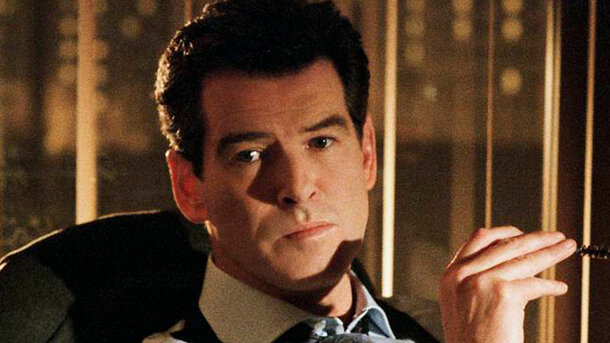In the Netflix series You, viewers meet one of modern television’s most controversial antiheroes — Joe Goldberg, whose pathological obsession with love turns his life into a chain of manipulation and crime. He builds a complex system of self-justification, firmly believing that his murders serve a noble purpose: the pursuit of perfect love. Yet behind the romantic gestures hides a dangerous psychopath, whose childhood trauma transforms each infatuation into a deadly trap for the women he desires.
The final season appeared to promise redemption — on the surface, Joe had found family happiness, social status, and stability. But he quickly reverted to his usual patterns. And while the ending left audiences with some lingering questions, it has been confirmed that Season 5 is the show’s last.
The Ending of Season 5 of You
After narrowly surviving a fire in the basement of his bookstore, Joe makes a desperate attempt to start over, heading toward the Canadian border. But the past catches up to him in an unexpected way — his wife Kate teams up with former victims, Nadia and Marienne, to expose the killer’s true nature. Their efforts are not in vain: Brontë, Joe’s latest muse, finally sees through him and decides to put an end to his crimes.

The climax unfolds in a secluded cabin, where Brontë pretends to be an accomplice and lures Joe into a trap. Armed with a gun, she demands a confession, but her attempt to get the truth leads to a violent struggle. Though wounded, Brontë manages to call the police. In despair, Joe urges her to deliver vigilante justice, but she shows unexpected strength and refuses to stoop to his level.
The final confrontation ends in a tragic accident — in self-defense, Brontë pulls the trigger, and the bullet strikes Joe in a vulnerable spot. The arriving police find him bleeding, but alive. After a series of court hearings, he is found guilty of all charges and sentenced to life in prison with no chance of parole.
The Meaning Behind You’s Ending
In the closing scenes, Joe is shown reading The Executioner’s Song by Norman Mailer — a 1979 novel based on the true story of Gary Gilmore, a notorious killer whose actions reignited debates about the death penalty in the U.S. Gilmore became the first person executed after capital punishment was reinstated in 1976. The fact that Joe is reading this particular book in prison subtly reveals his unconscious yearning for death.

However, fate has other plans. Before Joe can fully grasp the weight of his sentence, he receives a letter from a secret admirer, someone fascinated by his crimes. This moment serves as a chilling reminder: even behind bars, Joe continues to exert a dangerous influence. While the scene could hint at a potential future, the creators have used it to definitively bring the story to a close.










